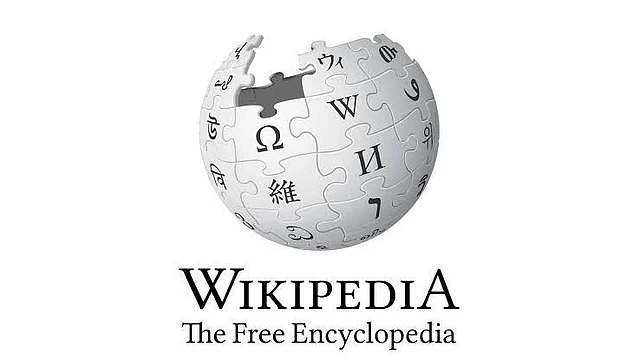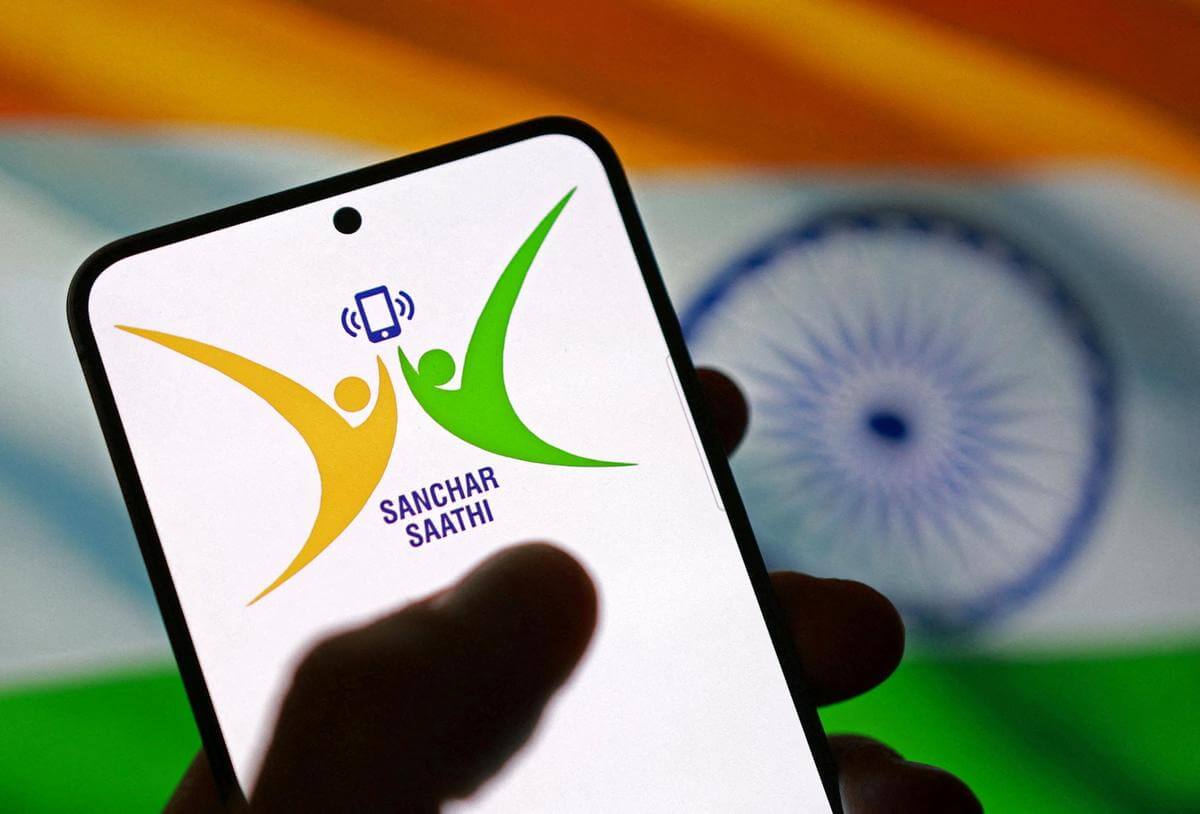Wikipedia is currently embroiled in a legal challenge against an order from the Delhi High Court in India, demanding the removal of allegedly defamatory content pertaining to the Indian news agency, Asian News International (ANI). This dispute highlights the growing tensions between global tech platforms and local legal systems regarding content moderation and freedom of speech.
The case originated from a lawsuit filed by ANI in 2023, which cited a Wikipedia description stating that the agency faced criticism for being a "propaganda tool" for the Indian government. ANI claimed this description was defamatory and sought its removal, along with an apology and substantial damages. The Delhi High Court sided with ANI, declaring that the statements tarnished the news agency's professional reputation and ordering Wikipedia to remove the contentious content. The court emphasized that Wikipedia presents itself as an encyclopedia, and people tend to accept the statements made on its web pages as factual. Therefore, the court argued, Wikipedia has a higher responsibility to ensure neutrality.
Wikimedia, the non-profit organization that operates Wikipedia, has challenged this order, raising concerns about freedom of speech and the potential for a chilling effect on the open exchange of information. They argue that the takedown order infringes on their right to host a page on court proceedings and restricts access to knowledge. Wikimedia has filed an appeal before a larger panel of judges within the Delhi High Court, seeking a review of the single judge's order. The appeal was presented but has been postponed, with a new hearing date yet to be determined.
This isn't the first time the Delhi High Court has addressed this issue. Previously, the court ordered the removal of a Wikipedia page related to the legal dispute, deeming it an interference in court proceedings. This earlier order prompted Wikimedia to approach the Supreme Court of India in January, further demonstrating the organization's resolve in contesting the content removal directives.
The current legal battle also brings into focus the responsibilities of online platforms regarding user-generated content. Wikipedia operates on a community-edited model, where content is created and maintained by a global network of volunteer editors. Wikimedia argues that it should not be held liable for every piece of information posted on the site, as it relies on collaborative moderation and transparent editing processes.
The Indian court, however, has emphasized the need to balance user privacy with judicial transparency. In previous proceedings, the High Court had directed Wikipedia to disclose the identity of the users who made the allegedly defamatory edits, a request that Wikipedia initially resisted, citing privacy concerns.
This case is part of a broader trend of Indian courts scrutinizing and issuing content removal orders to major tech platforms. X (formerly Twitter) is also challenging government orders to block certain posts related to farmer protests in 2021, highlighting the ongoing friction between tech companies and the Indian government over content moderation policies.
The outcome of Wikimedia's challenge could have significant implications for the future of online content moderation and freedom of expression in India. A ruling against Wikipedia might lead to stricter content regulation policies and increased pressure on platforms to proactively monitor and remove potentially defamatory content. Conversely, a favorable verdict for Wikimedia could reaffirm India's commitment to internet freedom and protect the open and decentralized nature of platforms that rely on user-generated content. The legal battle underscores the complexities of balancing reputational rights with the fundamental principles of free speech in the digital age.





















